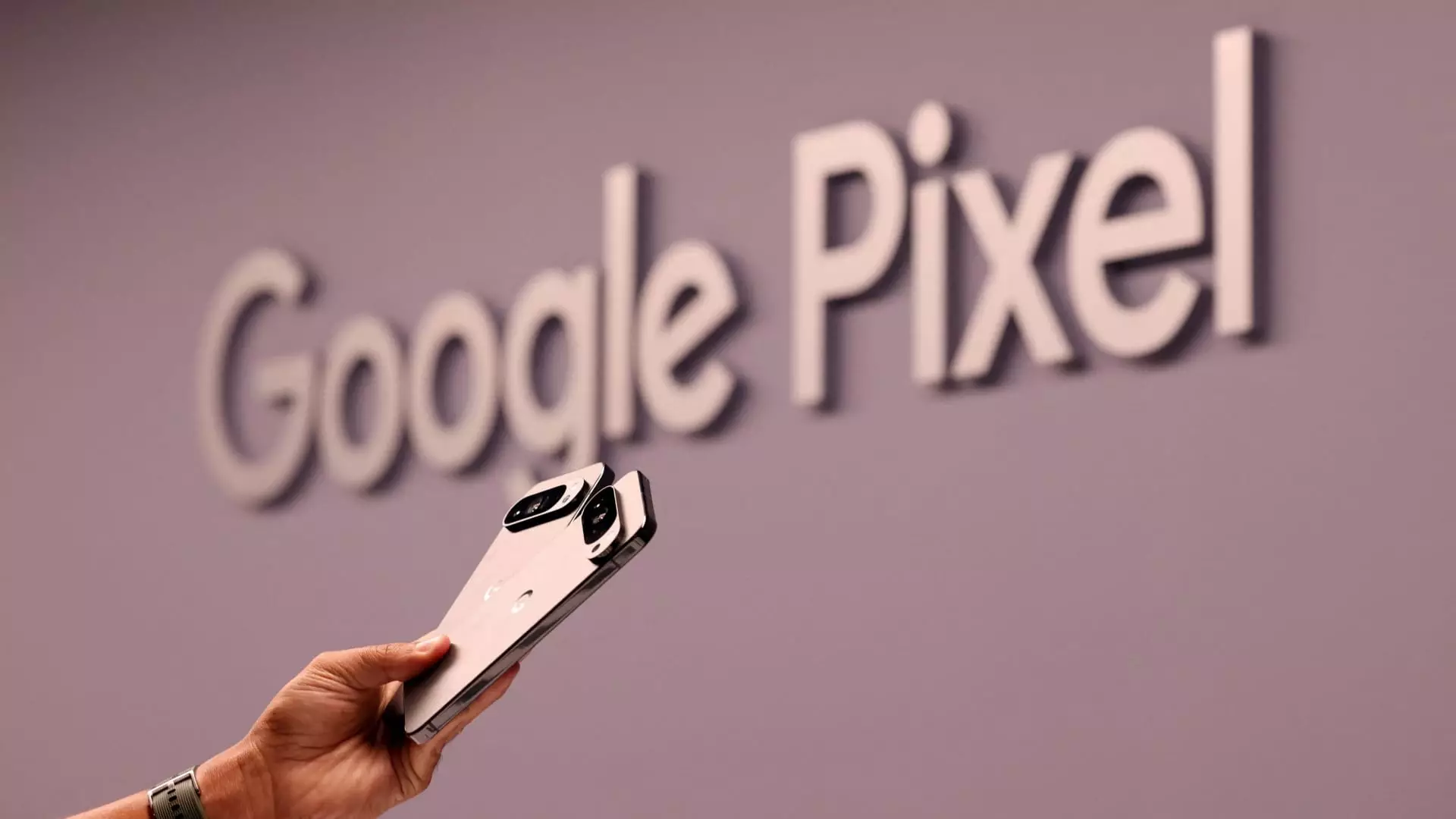Google’s latest pivot towards integrating artificial intelligence into its ecosystem might seem like a groundbreaking leap, but beneath this veneer of innovation lies a strategic gamble that could ultimately backfire. The company presents its new AI features—courtesy of the Gemini models—as revolutionary tools meant to redefine user experience. Yet, this narrative obfuscates a more pragmatic reality: Google is fundamentally trying to recapture its lost dominance through superficial enhancements rather than genuine technological breakthroughs. The so-called “Magic Cue” and “Camera Coach” might appear impressive on paper, but do they genuinely signify progress, or are they just shiny gimmicks designed to distract from the deeper issues plaguing Google’s product strategy?
The Myth of the AI-Driven Future
Google’s vision of an “agentic AI” future, wherein sophisticated assistants orchestrate complex tasks seamlessly, feels more like a high-concept marketing pitch than an imminent reality. Real consumer utility depends not merely on flashy features but on sustained, meaningful engagement—something Google has struggled with in recent years. Moreover, positioning these AI enhancements as the key to rivaling OpenAI and Perplexity neglects the fundamental challenge: building trust and utility at scale. The hype around Gemini is reminiscent of past Silicon Valley promises, often crowned by inflated expectations but ultimately grounded in the constraints of current technology. The reliance on AI to secure future revenue streams feels like an indulgent attempt to mask stagnation, rather than a genuine path forward.
Android’s Hidden Weapon or Mere Hype?
Google’s vast Android ecosystem might seem like a strategic asset, but it’s more of a double-edged sword. While the partnership with Android manufacturers could exponentially distribute Gemini’s capabilities, it risks diluting Google’s brand sovereignty and quality control. The primary concern is whether device makers will adopt these AI features enthusiastically or dismiss them as extraneous. The assumption that widespread adoption will organically spawn a “flywheel effect” is optimistic at best, ignoring the fact that user preferences are often unpredictable and driven by trust. The notion that Android’s proliferation automatically means user loyalty to Google’s AI offerings is an oversimplification, especially with fierce competition from Apple, which continues to focus on hardware-centric innovation rather than AI hype.
The Apple Gap and the Mirage of a “Window of Opportunity”
While Google appears confident in its AI ambitions, Apple’s comparatively tepid strategy in AI reveals an opportunity rather than a threat. Yet, this perceived advantage could be fleeting. Google’s focus on AI features within Android devices might yield short-term gains, but it raises critical questions: Will these features enhance user experience meaningfully or simply serve as Band-Aids for declining relevance? More importantly, Apple’s silence on AI could be a strategic choice to wait and see—an indifference that, if sustained, might undermine Google’s attempts at a quick conquest. Relying on a technological arms race driven by superficial features risks delivering a shallow victory, with the long-term sustainability of Google’s AI dreams remaining uncertain.
The Mirage of Monetization and Long-Term Viability
Perhaps the most critical flaw in Google’s AI push concerns monetization—an elephant in the room that remains unresolved. Google’s historical model, centered around advertising and search, now faces a challenge as users integrate AI tools into their daily routines. If these features are grace notes rather than core services, how will Google extract sustainable revenue from them? Expecting AI to be a revenue windfall without a clear, innovative monetization plan smacks of wishful thinking. The danger lies in serving up complex AI features that deepen user dependence without offering a compelling way for Google to profit—potentially leading to a misguided investment that does not pay off in the long run.
Google’s recent AI push reveals more about the company’s defensive posture amid industry churn than about a confident step into the future. While the tech giant capitalizes on its existing Android ecosystem, the superficial nature of their current AI offerings raises doubts about their ability to truly innovate. For now, it seems Google is playing a high-stakes game of catch-up, building on hype rather than substance. If the company’s strategies continue to rely on quick fixes and shiny features, it risks losing sight of what truly matters: meaningful innovation that benefits users and sustains growth in a competitive landscape that is far more complex than algorithms and buzzwords.


Leave a Reply